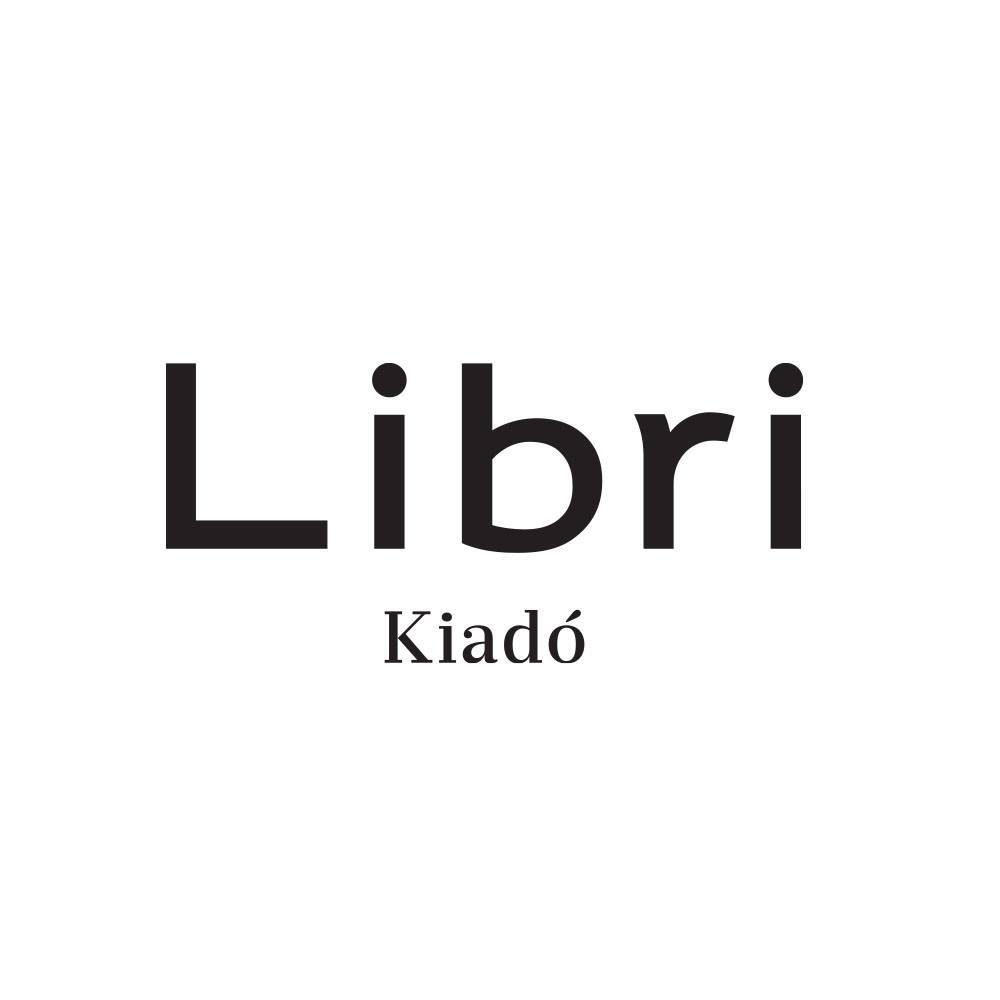Orpheus in the World
Program series
Literature
Synthesis of the Arts
Szervezés:
Orpheus in the World
This instalment of our Composers Present series features a special and unique new production focused on the legendary figure of Orpheus, who, according to ancient Greek tradition, was the son of the muse Calliope and the inventor of poetry. His mythical life continues to this day to be explored in numerous works of music, fiction and the visual arts. This evening offers the premieres of several such efforts, and through the conversation with the artists who created and are performing them, we can gain deeper insight into the rich tradition in art history attached to the poet who became a mythological hero.
On the programme are four classical musicians and four composers, the former consisting of Anastasia Razvalyaeva (harp), Anna Rákóczy (flute), Boglárka Szűcs (viola) and Éva Bodrogi (voice). The starting point for this encounter is Virág Anna Virág’s composition Monologue of a Muse, written to text by Kinga Fancsali, in which the young poet points out the various contradictions, present since antiquity, inherent to the concept of the muse. The piece and the experience of playing together compelled the musicians to try to enrich the narrow repertoire written for such an uncommonly constituted quartet with additional works, so they invited three composers – Máté Balogh, Marcell Dargay and Péter Tornyai – to craft songs that are somehow related to Orpheus. This connection is created in two ways: first, through quotations and inspirations from earlier musical works, such as Monteverdi’s and Gluck’s Orpheus operas, and second, by drawing inspiration from Rainer Maria Rilke's cycle of poems Sonnets to Orpheus.

Dear Visitor, We kindly inform you that during the event, photographs, audio recordings, and/or video recordings may be taken. By attending the event, you consent to the recording of such materials through your implied conduct.

